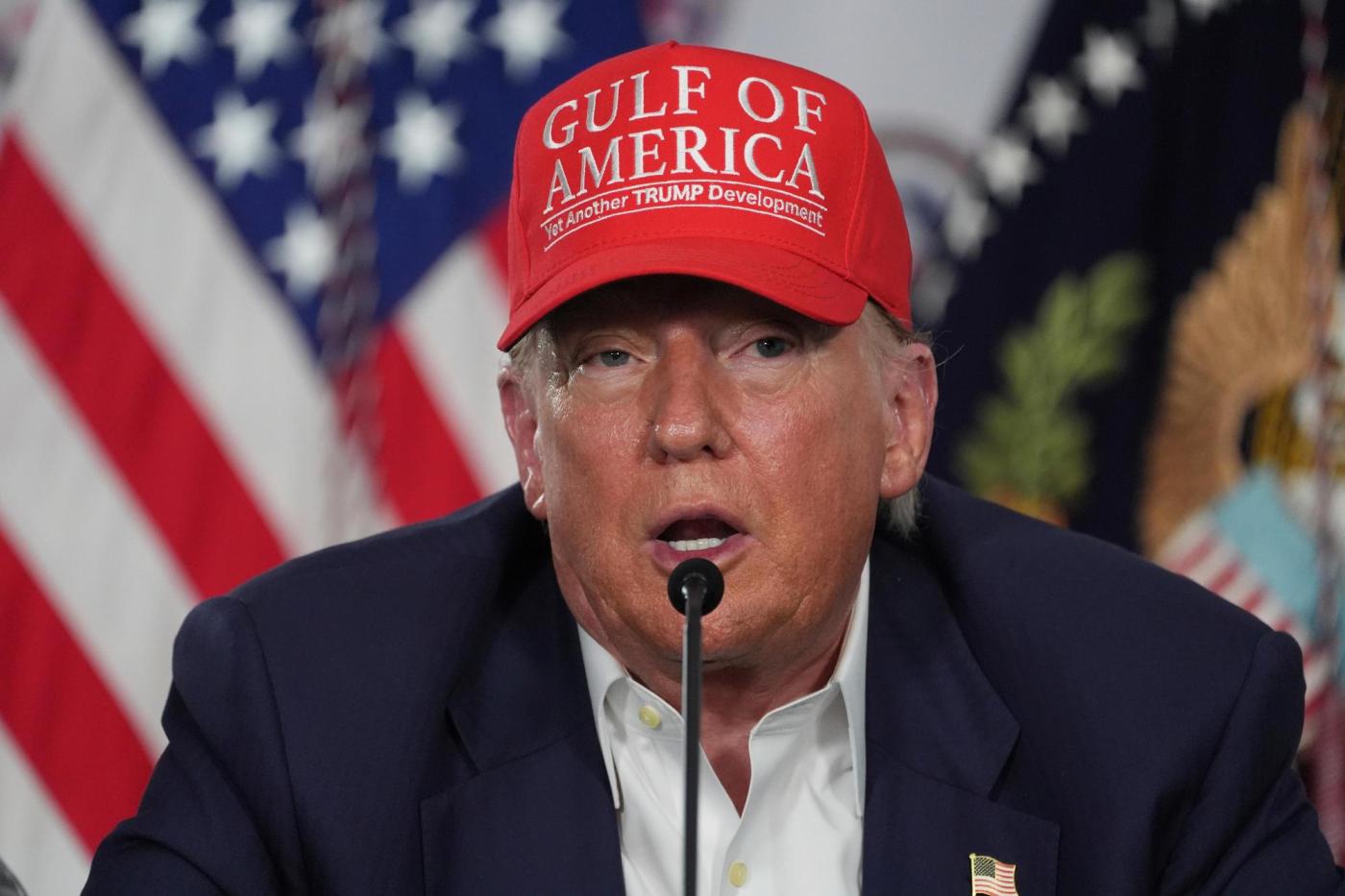In a significant development for media and political circles, Paramount has agreed to pay $16 million to settle a lawsuit filed by former President Donald Trump. The lawsuit, centered around the editing of a CBS “60 Minutes” interview with then-Vice President Kamala Harris, has been a focal point for discussions on free speech and media ethics.
The settlement, announced on Monday, specifies that the funds will be directed towards Trump’s future presidential library, rather than to Trump personally. Paramount emphasized that the agreement does not include an apology from the network.
Background of the Lawsuit
The lawsuit was initiated by Trump in Amarillo, Texas, claiming that the editing of the interview caused him “mental anguish.” Trump’s legal team argued that the edits were made to favor Harris, a claim strongly refuted by CBS and Paramount. The media companies sought to have the lawsuit dismissed, labeling it as “completely without merit.”
The interview in question aired in October and featured Harris responding to questions from “60 Minutes” correspondent Bill Whitaker. Trump alleged that the editing presented Harris as giving two different answers to the same question, misleading viewers. CBS defended the edits, stating they were made for brevity and clarity.
Implications for Media and Legal Precedents
The case has been closely monitored by press freedom advocates and journalists, particularly those within CBS. The network’s legal team initially vowed to fight the lawsuit vigorously. However, the settlement was reached with the assistance of a mediator, leading to an agreement that future “60 Minutes” interviews with presidential candidates will include transcript releases, though with necessary redactions for legal and national security reasons.
Media advocacy groups, such as the Freedom of the Press Foundation, have expressed concerns over the settlement. The group, which claims to be a Paramount shareholder, indicated it might file a lawsuit in protest, underscoring the broader implications for journalistic integrity and freedom of expression.
Historical Context and Comparisons
This settlement is not an isolated incident. In December, ABC News settled a defamation lawsuit with Trump over comments made by anchor George Stephanopoulos, agreeing to a $15 million payment towards Trump’s presidential library. Similarly, Meta reportedly settled a lawsuit with Trump for $25 million concerning the suspension of his social media accounts following the January 6, 2021, Capitol riot.
These cases highlight a growing trend of media companies opting for settlements in high-profile defamation cases involving Trump, potentially setting precedents for how future disputes might be resolved.
Reactions and Future Developments
The settlement has prompted resignations from CBS News President and CEO Wendy McMahon and “60 Minutes” executive producer Bill Owens, both of whom opposed the settlement. Meanwhile, Paramount’s controlling shareholder, Shari Redstone, was reportedly seeking the settlement as the company navigates a proposed merger with Skydance Media, which requires approval from the Trump administration.
While the White House has not commented on the settlement, the decision is likely to influence future interactions between media companies and political figures. As Paramount moves forward, the agreement to release transcripts of presidential candidate interviews could become a new standard, balancing transparency with editorial discretion.
This development comes at a time when media organizations are under increasing scrutiny for their role in shaping public discourse, and the outcome of this case may serve as a reference point for similar disputes in the future.
